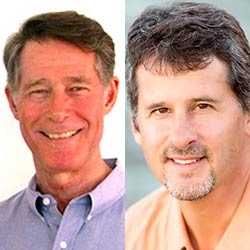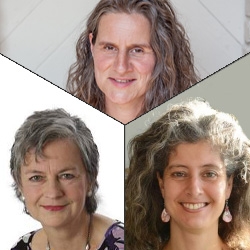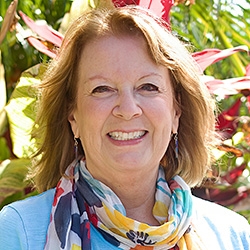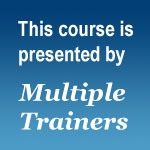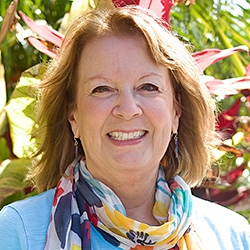

Search Results: conflict
-
Yoram Mosenzon shares that the role of a mediator is often misconceived as solving conflicts, which can create stress and exacerbate the conflict. Instead, the true essence of mediation is about remaining untriggered, understanding the pain of the conflicting parties, and facilitating communication.
-
In relationships, the desire for space can conflict with the need for intimacy. This conflict arises from different strategies to meet similar needs. By identifying specific needs behind the request for space and understanding the other person’s needs for closeness, both of you can negotiate and collaborate. Repeated conflicts may indicate the need for personal healing, which you’ll need to address individually.
-
Learn to channel anger into mutual caring and peace through conflict mediation and brain science.
-
Learn to navigate conflict without reactivating old pain, bringing peace to yourself and others.
-
Tools for creating simple agreements with your group about what to do when conflict arises.
-
Trainer Tip: Anger can be an opportunity to hear the "Please" behind the words and create a path to resolve conflicts compassionately.
-
In times of conflict, it’s easy to lose touch with ourselves and our needs. In this heartfelt session, Jesse Wiens Chu shares three practical centering practices—rooted in the principles of Nonviolent Communication (NVC)—to help you find your way back to self-connection, empathy, and choice.
-
- Learn concrete tools for engaging with others as you embrace individual and collective liberation
- Find your own source of choice even in the face of challenges
- Release the constriction of scarcity
- Find an empowered option to respond to what is happening in our world
- Open the door to the possibility of thriving rather than merely surviving
-
Learn simple steps to transform conflict and mobilize peace at home, work and in the wider world.
-
Ask the Trainer: Can NVC transform group conflict? Trainer shares stories and answers the question.
-
Trainer Tip: Whether there is the potential of physical or emotional violence, listening deeply to the underlying needs of the people in conflict can be swift, direct, and healing. Look for opportunities to defuse conflicts by reflecting the feelings and needs of the other person.
-
-
Ask the Trainer: Is a confidentiality agreement typically used in NVC practice groups?
-
This Introduction to NVC Mediation provides a conceptual overview and experiential taste of the NVC mediation learning model developed by John Kinyon and Ike Lasater.
-
Embrace nonviolence with courage and compassion as you learn to stand for truth in everyday life.
-
-
Facilitated dialogue helps conflicting parties build understanding and explore solutions.
-
-
Developing interpersonal relationship skills in congregations is integral to working with the conflicts that arise. These skills can be applied to any spiritual community.
-
When deciding if someone crossed your boundaries and how to respond, you may get conflicting opinions on it. These opinions can be coarse attempts to manage life with rules about what should(n’t) happen. Instead, so that you can find where you want to invest your energy, ask yourself questions that reveal what for you is truly in integrity, nourishing, connects to your heart, and deepens self understanding. Read on for examples.

Quick Links
Subscription Preferences
Stay In Touch!
Looking for ways to keep up with NVC Academy news, get special offers, free resources, or words of inspiration? Here are five ways to stay engaged:




